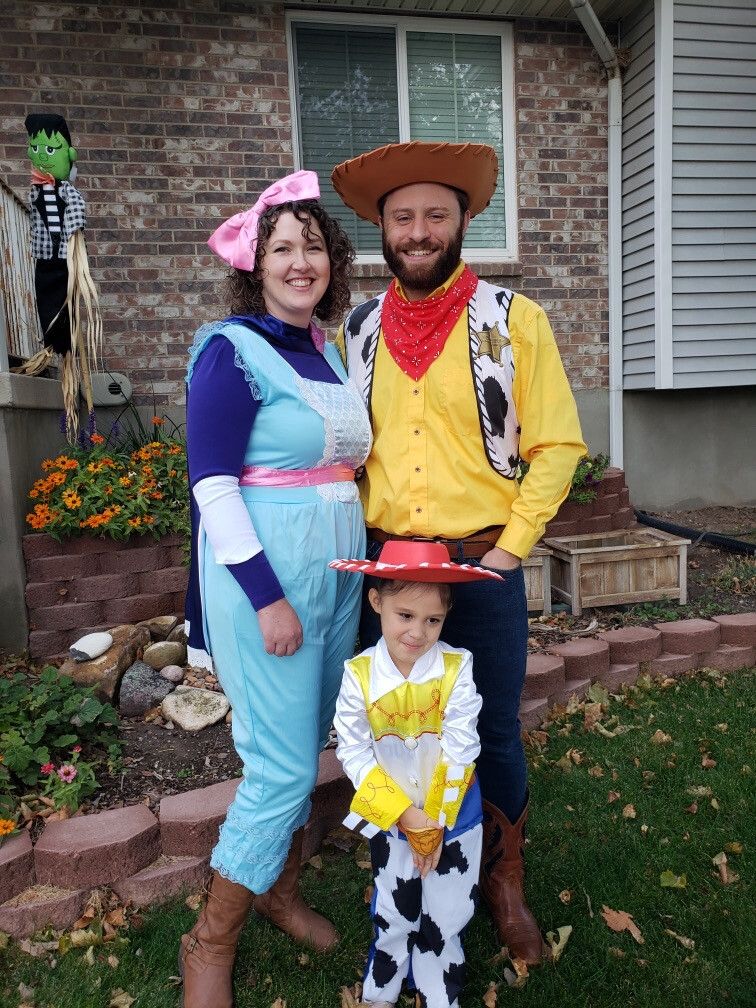What do you think of when you think of adoptive parents? A single parent or a couple? A same-sex couple or a man and a woman? Caucasian, African-American or Hispanic?
Just like expectant parents, families hoping to adopt come in all colours, shapes and sizes. Given our tendency to connect with people with common interests or values, what or who you’re looking for often depends on who you are.
The one thing you can say for sure is that despite their differences all hopeful adoptive parents have a strong desire to become parents. Some of them may be parents already,but most come to adoption as a way of building a family from scratch. What’s more
- They have a stable marriage and income
- Are in good health and have no criminal record
- Understand the joys and challenges of of raising an adopted child
Who They Are. Adoption can be expensive, but contrary to one of the many myths about adoptive parents, they’re not all rich. Generally speaking, waiting parents cut across all economic lines and come from all walks of life. Most tend to be in their mid-30s to 40s and come to adoption due to infertility.
To be eligible to adopt, they have undergone a rigorous screening process called a home study that includes a series of at-home interviews, adoption education and parenting classes, plus medical exams and financial and security checks.
What they’re looking for. All single parent and couples applying for open adoption understand you have the right to change your mind any time before the signing of the relinquishment papers.
As a result, they will be looking for expectant parents that they not only relate to, but whom they can trust and who will be straight with them. As far as they’re concerned, the sooner they can find those people, the better.
What They Want. Most waiting parents choose open adoption because they want a healthy newborn. Of course, as with biological children,there are no guarantees this will happen. However, they like the idea that they can be with the baby from birth and begin the bonding process right away.
They also like the fact that they and their child can have an ongoing relationship with you as their child gets older. That way he or she will always know where he or she came from and why he or she was placed for adoption.
What They Don’t Want. Given everything that’s at stake for them, financially and emotionally, most hopeful parents will do everything they can to avoid expectants parents who are dishonest, manipulative or uncertain. Just like you, they have the right to change their mind at any time.
But knowing how difficult and expensive it is to adopt today, most will hang on to a situation for as long as possible and hope for the best. That means that even though they may want a healthy newborn, the fact that your baby may have been exposed to drugs or alcohol may not be a problem. But even if it becomes an issue for one couple, there will be many others who won’t care one way or another.
Once again, none of this is written in stone. Different people will have different needs. For instance, some may want a face-to-face meeting with you before the placement or lots of contact after it, others may not.
And that’s totally fine. Because in the end, when it comes to acting in the best interests of your child, you’ll find there will be lots of things to agree on for you and the adoptive parents.

